Bone Broth

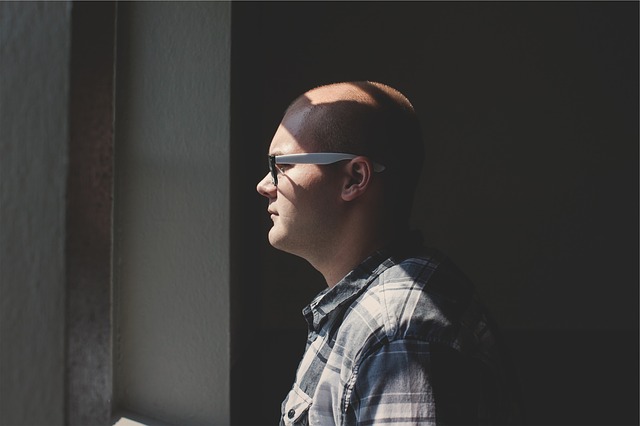
While Chemo drugs kill fast-growing cells, they also damage healthy cells causing side effects. The time taken to get over some side effects varies from person to person and depends on your overall health and the drugs you were given. Many side effects go away fairly quickly after treatment ends, but some may take months to completely go away.
Some of the more common side effects of chemotherapy are fatigue, hair loss, anemia, nausea and vomiting, constipation, diarrhea, sores and pain with swallowing. Hair loss is a common a side effect of chemo treatments but it is temporary with new hair growth beginning a few weeks after the final treatment.
Weight loss and a lack of energy are equally common making it necessary to continue eating healthy foods. Another common side effect of chemotherapy affects digestion and you might have a metallic taste in the mouth or a yellow or white coating on your tongue. The patient must avoid exposure to viruses, bacteria, and other germs as the immune system is weakened during Chemo.
Chemotherapy drugs may cause memory problems and make it difficult to concentrate or think clearly. This symptom sometimes is called “chemo fog,” or “chemo brain.” Chemotherapy drugs may alter hormones and result in mood swings. Sexual function and fertility may also be impacted in some cases.
Living with cancer and dealing with chemotherapy could also take an emotional toll. Patients can be overwhelmed and even depressed as they juggle work, family, and financial responsibilities or cope with pain and discomfort.
Complementary therapies like massage and meditation can be a helpful solution for relaxation and relief. Cancer support group where you can speak with others undergoing cancer treatment is helpful but if feelings of depression persist, professional counseling may be required.
To read more on Cancer, click on the link below,
Treatment cost
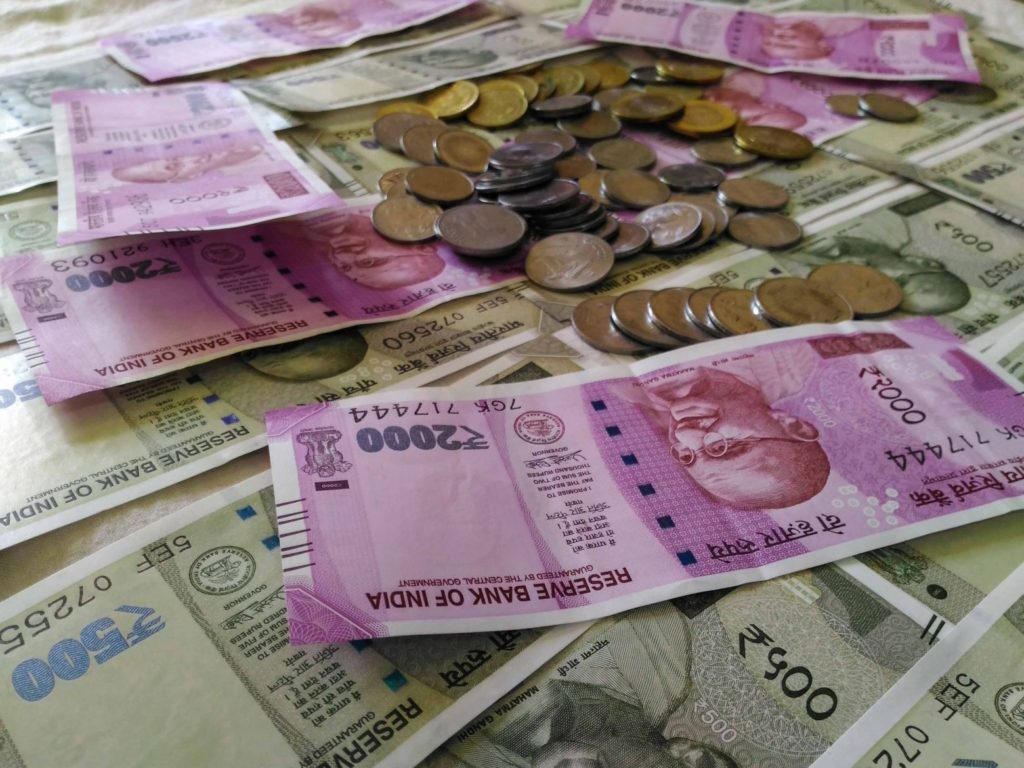
“It is a myth that cancer is just a health issue”; says the World Cancer Day website run by the Union for International Cancer Control. “Cancer negatively impacts families; ability to earn an income, with high treatment costs pushing them further into poverty”
The Indian Government’s National Cancer Control Programme, estimates that there are between 2 and 2.5 million cancer patients in the country at any given point of time. As per a BCG study in 2010, as opposed to the 200 cancer centers in existence, India needed at least 840. It is estimated that India has only 2000 oncologists while it needs thrice as many. It is obvious that a shortage of doctors will take its toll on the number of hospitals offering cancer care. Setting up a fully-fledged cancer hospital is capital-intensive – a 100-bed hospital in a city could reportedly cost as much as Rs 50 crore. And human resources, from doctors to nurses to technicians are also a
continuing challenge.
Cancer treatment runs into lakhs of rupees especially when the disease is detected in advanced stages requiring surgery or extensive treatment. By one estimate, over 45 percent of families with one cancer patient face catastrophic expenditures and 25 percent are pushed below the poverty line (BPL). Medical insurance is the only way one can cope with mounting expenses and since India has not seen too much investment in health, it is a long road ahead.
To read more on Cancer, click on the link below,
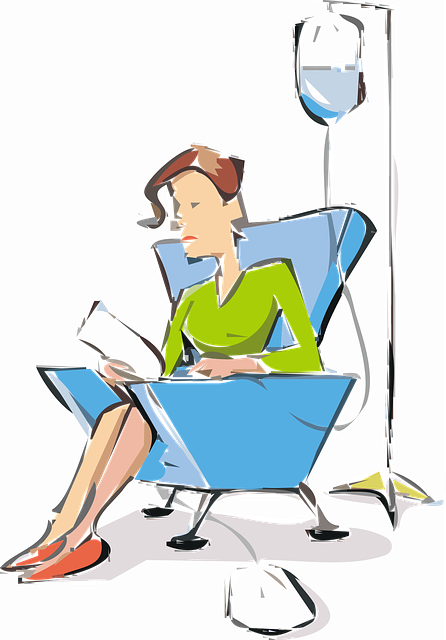
Chemotherapy is the most commonly used treatment for cancer and refers to drugs used for cancer treatment with the objectives of cure, control and palliation.
Most chemotherapy (chemo) drugs are strong medicines commonly given at regular intervals called cycles – which is a dose of one or more drugs followed by several days or weeks without treatment. This gives normal cells time to recover from drug side effects.
For maximum benefit, one must get the full course of chemo, the full dose and keep the cycles on schedule. In most cases, the most effective doses and schedules of drugs to treat specific cancers have been found by testing them in clinical trials.
Chemotherapy Side effects
While Chemo drugs kill fast-growing cells, they also damage healthy cells causing side effects. The time taken to get over some side effects varies from person to person and depends on your overall health and the drugs you were given. Many side effects go away fairly quickly after treatment ends, but some may take months to completely go away.
Some of the more common side effects of chemotherapy are fatigue, hair loss, anemia, nausea and vomiting, constipation, diarrhea, sores and pain with swallowing. Hair loss is a common a side effect of chemo treatments but it is temporary with new hair growth beginning a few weeks after the final treatment.
Weight loss and a lack of energy are equally common making it necessary to continue eating healthy foods. Another common side effect of chemotherapy affects digestion and you might have a metallic taste in the mouth or a yellow or white coating on your tongue. The patient must avoid exposure to viruses, bacteria, and other germs as the immune system are weakened during Chemo.
Chemotherapy drugs may cause memory problems and make it difficult to concentrate or think clearly. This symptom sometimes is called “chemo fog,” or “chemo brain.” Chemotherapy drugs may alter hormones and result in mood swings. Sexual function and fertility may also be impacted in some cases.
Living with cancer and dealing with chemotherapy could also take an emotional toll. Patients can be overwhelmed and even depressed as they juggle work, family, and financial responsibilities or cope with pain and discomfort.
Complementary therapies like massage and meditation can be a helpful solution for relaxation and relief. Cancer support group where you can speak with others undergoing cancer treatment is helpful but if feelings of depression persist, professional counseling may be required.
Chemotherapy Treatment Cost
“It is a myth that cancer is just a health issue," says the World Cancer Day website run by the Union for International Cancer Control. & Cancer negatively impacts families&39; ability to earn an income, with high treatment costs pushing them further into poverty”
The Indian Government’s National Cancer Control Programme estimates that there are between 2 and 2.5 million cancer patients in the country at any given point of time. As per a BCG study in 2010, as opposed to the 200 cancer centers in existence, India needed at least 840. It is estimated that India has only 2000 oncologists while it needs thrice as many. It is obvious that a shortage of doctors will take its toll on the number of hospitals offering cancer care. Setting up a fully-fledged cancer hospital is capital-intensive – a 100-bed hospital in a city could reportedly cost as much as Rs 50 crore. And human resources, from doctors to nurses to technicians are also a continuing challenge. Cancer treatment runs into lakhs of rupees especially when the disease is detected in advanced stages requiring surgery or extensive treatment. By one estimate, over 45per cent of families with one cancer patient face catastrophic expenditures and 25 percent are pushed below the poverty line (BPL). Medical insurance is the only way one can cope with mounting expenses and since India has not seen too much investment in health, it is a long road ahead.
To read more on Cancer, click on the link below,
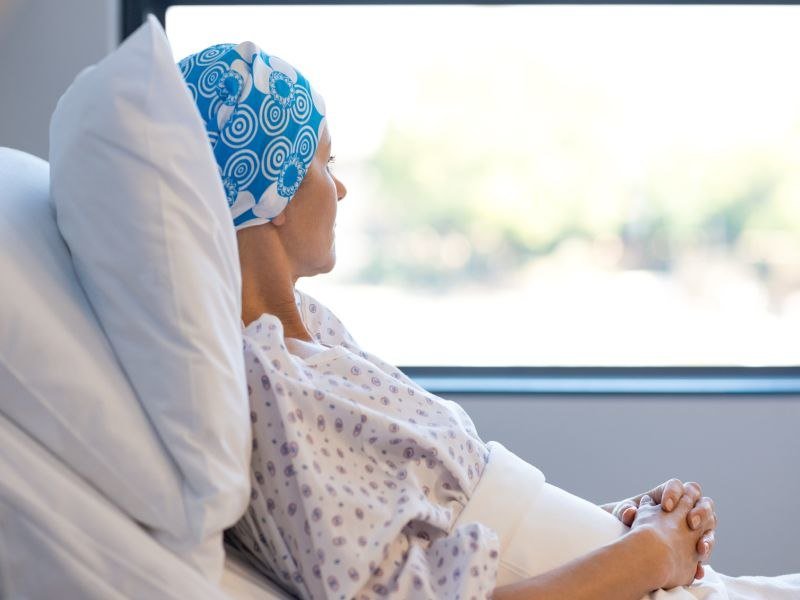
The diagnosis and the verdict of Advanced Cancer is indeed a bitter pill to swallow. It is normal to not know what to say to someone with advanced cancer or to worry that you’ll say the wrong thing. But the most important thing is not what you say, but that you are showing you care. Some families talk openly about these sorts of things, while others don’t. There is no right or wrong way to communicate. But studies show that families who talk things out feel better about the care they get and the decisions they make.
Even as you hope for an unexpected recovery, it may be useful to discuss that the future is uncertain as avoiding important issues only makes them harder to deal with later. Talking over your concerns can bring comfort to all involved. You may find that you and the patient are thinking the same things or very different things thus making it even more important to get any thoughts or concerns you have out in the open. It is important to be supportive of whatever your loved one wants to say since it is also critical for them to process thoughts and fears in their own way.
To read more on Cancer, click on the link below,
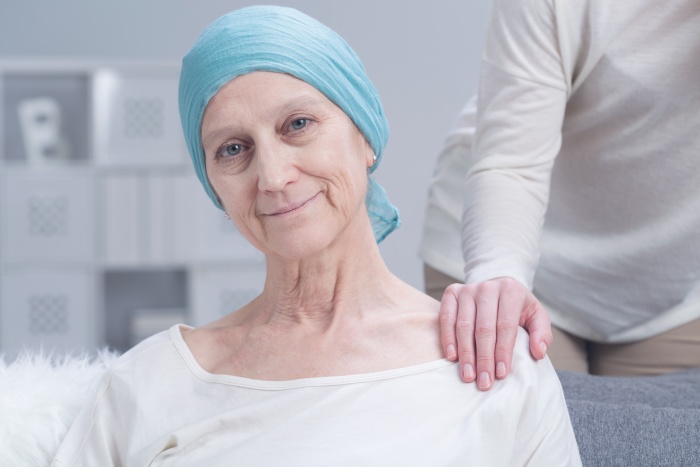
Pain from cancer or from the treatments can affect normal day-to-day activities and cause trouble in sleeping and eating and even result in feeling irritable, frustrated, sad and angry. The good news is that all pain can be treated and most pain can be controlled or relieved. When pain is controlled, people can sleep and eat better, enjoy being with family and friends, and continue with their work and hobbies.
Pain is most often caused by cancer itself. The amount of pain depends on the type of cancer, its stage, and the patient’s pain threshold. People in an advanced stage of cancer are more likely to have pain which can be caused by a tumor pressing on bones, nerves or body organs. Surgery is often part of the treatment for cancers and some amount of pain is usually expected. Pain due to surgery can last from a few days to a few weeks, depending on the type of surgery.
When a tumor spreads to the spine, it can press on the spinal cord and cause spinal cord compression. At other times, cancer spreads to the bones causing bone pain which can be treated through external radiation.
Some tests used to diagnose cancer can cause pain and is usually relieved after the procedure. Even when you are told that the pain from the procedure can’t be avoided or that it won’t last long, you can ask for pain medicine if you need it. The type of pain you have determines the type of treatment. Chronic pain can usually be controlled by taking pain medicines on a regular schedule. People with chronic pain can also have breakthrough pain which varies in intensity and usually cannot be predicted. It typically “breaks through” the pain relief they were getting from regular pain medicine.
Phantom pain is a longer-lasting effect of surgery, beyond the usual surgical pain. If you’ve had an arm, leg, or even a breast removed, you may still feel pain or other unusual or unpleasant feelings that seem to be coming from the absent (phantom) body part. Other types of pain are:
To read more on Cancer, click on the link below,
MEMBER GROUPS – CANCER CARE INDIA
Delhi – NCR
| S.no. | Member Support Groups | Address and Contact Details | Contact Person |
| 1. | Cancersahyog | Basement, B-63/64, South Extension- II, New Delhi-l 10049.Tel:Oll- 26259572,26264907,49424723.Email:cansahyog@email.com, Web:www.indiancancersocietvdelhi.in | Ms. Beeta Mehta M;09810128439 Email:beetamehta@gmail.comMrs. Indra Jasuja, M:09958804370Email:indrajasuja@gmail.comMs Usha Ohri,M:09810366982. |
| 2. | Cansupport | Kanak Durga 8asti Vikas Kendra, Sec-12, R.K.Puram, New Delhi-110022. T:011-26102851/2869,Helpline: 011-26711212 (Mon- Fri, 9.30am – 5.30pm).Email:info@cansupport.orgWeb:www.cansupport.org | Ms. Harmala Gupta,Founder- President, M: 9810606841Email:harmalagupta@cansupport.orgDr Ravinder Mohan, M:09818215821Email:ravindermohan@cansupport.org |
| 3. | Grameen Sneh Foundation | HQ. 28-21, Gd Fir, Sector-2, Sadhana, Vaishali, Ghaziabad, UP-201012.Tel:0120-4336857.Web:www.grameensnehfoundation.org | Ms. Sneha Routray,President,M:09911588589,Email:gsfdelhichagter@gmail.comGanga Kumar,SecretaryM: 09891117373Email: kumaraanaa10@gmail.com |
| 4. | Jodharam Memorial Cancer Society | C/O Hind Electronics Industries69/6A, Ind. Area, Najafgarh Road, Motinagar, (opp.Metro P.No.283, Metro Stn.), New Delhi-l10015 | Saran Dewan,M: 9810222008Dharmender, M:09811372845Deepak Kumar,M:09899728406Email: deepakumarjogi@gmail.comTel: 011-25933682 |
| 5. | Laryngectomee Club of India | F-11 A (G-8 Area), Near Harinagar,Clock Tower, New Delhi-110064,Tel:011-25127049 / 5843 | Premanand,Tel:011-26680982. Email:nirmal12remanand@gmail.comMrs Pande,M:09868201723Email:ouranpande@.hotmail.com |
| 6. | Roko Cancer Charitable Trust | H-1547, Chittaranjan Park, New DeIhl-1 10019.Tel:OII-26279920Email:adminindia@rokocancer.orgB-34, Soami Nagar (South), Panchsheel, New Delh-Il0017 | Ms Sudha Murgai,Sr. Advisor,M:09810092807E:nichimyo@gmail.comE:dirindia@rokocancer.org |
| 7. | Vision P | C-2/2307, Vasant Kunj, New DelhiTel:011-47640642,Web:www.visionparadise.in | Ms SunilM:09891831Email:<vision.paradise@gmail.com |
| 8. | Win Over Cancer | C-57, Ashoka Enclave II, Sector-37, Faridabad-121003, Haryana.Email:winovercancer.net@gmail.com,Web:www.winovercancer.net | Arun Gupta,M:09958524008Email:arun@winovercancer.net Ms Kavita Gupta,M:09871677611Email:kavitardrwinovercancer.net |